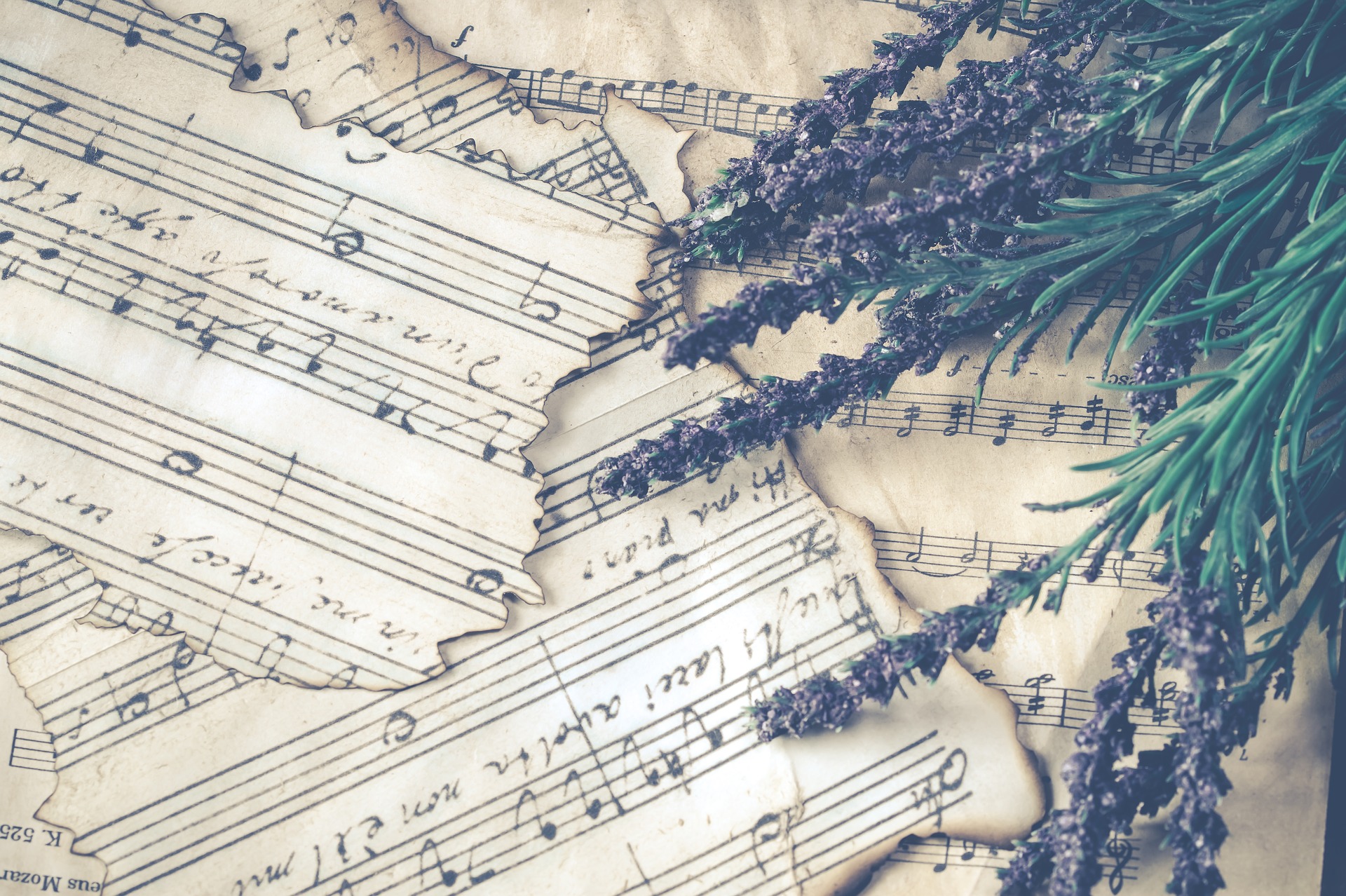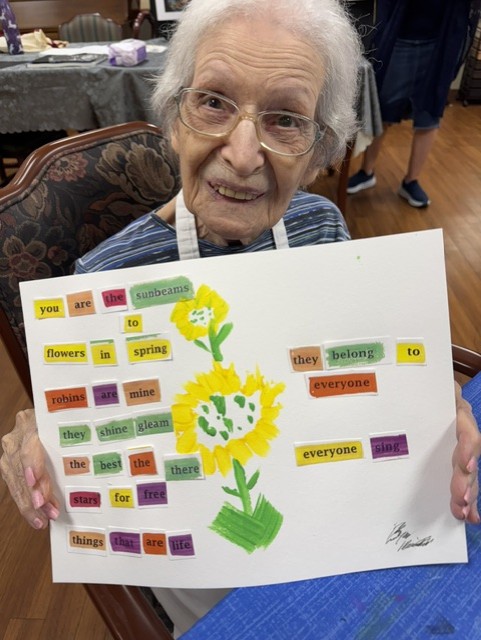So many ways to say thank you — a hug, a kiss, a handshake, a touch on the arm. Too personal, however, until this time of waiting out a pandemic ends.
So instead we offer winks, head nods, a Zoom or Skype thank-you, handwritten notes and emails. Some gifts of gratitude are murmured, some shouted, some simply stated, others almost grandiose in their superlatives.
Some thank-yous include thoughtful actions: flower for the nurses’ station, a first responders’ “hero” sign in your front yard, a generous tip for the grocery pick-up helper or contribution to a community service organization.
Showing appreciation says important things about us. Acknowledging our benefits, naming what we have instead of what we don’t have and cherishing who we are, rather than wishing to be someone we are not, are beginning steps to move beyond ourselves. Pain and uncertainty threaten to force our focus to ourselves. Gratitude for the health and abilities we do have, however, awakens a broader more positive outlook.
Poets, storytellers, friends and colleagues help us recapture broader horizons of gratitude in wonderful and profound ways. So do musicians.
John Rutter, for example, invites us to “Look at the World” and prompts us to sing:
“Give us thankful hearts that we may see
all the gifts we share, and every blessing,
All things come of thee…”
Listen here
A hundred years earlier, Folliott Pierpoint composed “For the Beauty of the Earth” with the thanksgiving refrain: “God of all to thee we raise this our hymn of grateful praise.” In 1993, Miriam Therese Winter added: “For the good that love inspires, for a world where none exclude, for a faith that never tires, and for every heart renewed, God of all, to you we raise this our hymn of grateful praise.” Listen to a contemporary version here.
Hymnbooks and choral collections devote volumes to musical thank-yous. An all-time favorite in this November season of thanksgiving is “Now Thank We All our God” with this timely reminder which points us beyond the malaise, discomfort, and anxieties which attempt to drag us into a funk: “Guide us when perplexed and free us from all ills in this world and the next.” Listen here.
In these days of physical distancing, when every day brings deeper worries about risks of infection and news of many desperate to pay bills, we easily hunger for better news. As illnesses and death spike at higher levels, hope and confidence wear thin. Poets and composers, however, provide unique ways to cope with times of thinness.
Felix Mendelssohn and his librettists crafted a musical narrative featuring the biblical prophet Elijah whose own faltering confidence turned to a powerful demonstration of the grace and mercy of God. The musical text describes a people desperate for hope in the face of a horrendous drought. The “thirsty land” in the oratorio may well describe our own desperation to be done with the pandemic which dramatically alters the typical November season of thanksgiving. We thirst for relief.
In the oratorio, relief comes as a monster storm: “The waters gather, they rush along, stormy billows are high, their fury is mighty.”
The chorus (the people) count even a hurricane-like deluge as a blessing. They rejoice: “Thanks be to God! He laveth (revives) the thirsty land…(and) the Lord is above all, and Almighty.” It is a stunning expression of gratitude. Listen to it here.
Borrowed phrases from these musicians counsel us to cherish every day “the wonder of each hour, the joy of human life, all gentle thoughts and mild, a faith that never tires,” by looking at the world “with grateful hearts to see all the blessings we share” for “God is gracious and God’s mercy endures for evermore.”
God refreshes the “thirsty.” So in this season, when uncertainties nudge us toward discontent, identify blessings small and huge. Breathe a prayer to name those gifts and wonders. Then sing! EXUBERANTLY sing: “Thanks be to God!”
View all articles by:






















